![]()
![]()
The Olympic flag has a plain white background with no border. It has five interlocking rings. They are blue, black, red, yellow and green.
The rings are thought to symbolise the five continents: Europe, Asia, Africa, Australia and America. It is widely believed that the colours of the rings were chosen because at least one of them can be found in the flag of every nation.

The flag was presented by Games founder Baron de Coubertin at the 1914 Olympic Congress and was first used at the 1920 Games. This well-worn flag was finally retired after the 1984 Games, and a new one was flown at the 1988 Seoul Games.
At the Closing Ceremonies of the Olympic Games, the mayor of the current Olympic host city presents the flag to the mayor of the next host city. The flag is then kept in the town hall of the host city until the next Olympic Games.
![]()
The Olympic flame is a symbol carried over from the ancient Olympics, where a sacred flame burned at the altar of Zeus throughout competition.
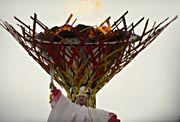
The flame is lit at the ancient site of Olympia by the natural rays of the sun reflected off a curved mirror. It is lit at a ceremony by women dressed in robes resembling those worn in ancient times, who then pass it to the first relay runner.
In 1952 the flame was lit in Greece and carried by a torch relay to the Berlin Games and ever since then a torch relay has brought the Olympic flame to each Olympic Games.
"Citius, altius, fortius" is a Latin phrase meaning "swifter, higher, stronger." It is the Olympic motto.
Swifter, higher,
stronger
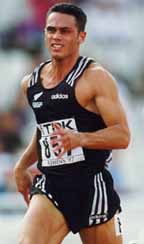
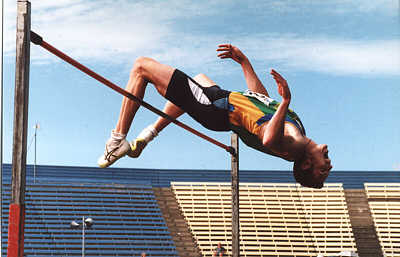
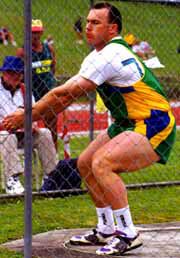
"In the name of all competitors, I promise that we shall take part in these Olympic Games, respecting and abiding by the rules that govern them, in the true spirit of sportsmanship, for the glory of sport and the honour of our teams."
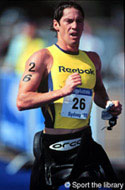
Written by Baron de Coubertin, the oath is taken by an athlete from the host nation while holding a corner of the Olympic flag. The athletes' oath was first taken by Belgian fencer Victor Boin at the 1920 Antwerp Games. A judge from the host country also speaks the oath, with slightly different wording.
"The most important thing in the Olympic Games is not to win but to take part, just as the most important thing in life is not the triumph, but the struggle.
The essential thing is not to have conquered, but to have fought well."
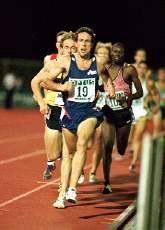

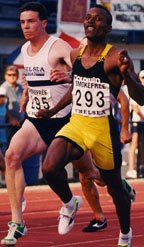
This is the current creed which appears on the scoreboard during the Opening Ceremony.